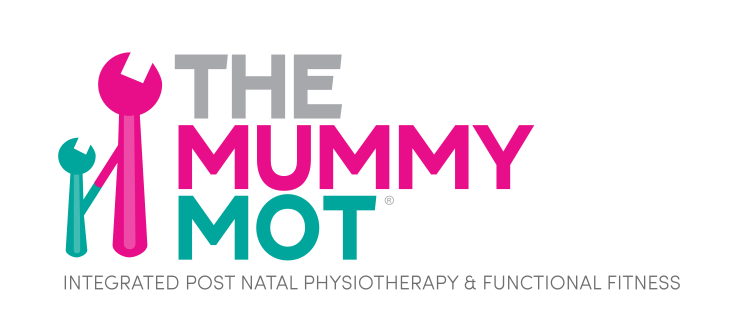This week the Mummy MOT which is a postnatal check-up for all mothers at any stage following the birth of their baby is going to focus on scars i.e. caesarean section (C-section) and episiotomy scars. For most mothers who have a C-section they have no ongoing issues with their scars. However, for a portion of women integrating scars from birth of baby back into the body can take time and for some this can be weeks or even months. Scars from the birth of the baby can be a very sensitive and can contribute to some other problems.
C-section scars are only seen on the surface but influence so much more underneath. In a C-section which is major abdominal surgery the doctors must cut through several layers to get to the baby. When these layers are stitched back together scars and adhesions are unavoidable.
So, in what way do C-section scars bother some women;
They can cause pain which leads to compensatory movement patterns with daily activities i.e. going from sit to stand to get out of a chair can be sore or restricted in the lower abdominal region.
Defecation (opening the bowels) can be affected as the deep abdominal muscles which assist with moving the contents of the bowel can be restricted due to the scar leading to difficulty opening bowels and constipation which can put the pelvic floor under more stress.
Scars can cause decreased mobility of underlying organs i.e. like the bladder causing urinary frequency and urinary urge.
Some simple strategies that can be tried at home if your scar is sensitive is to use make-up brush or cotton bud very gently around the scar. If the scar isn’t too bothersome to touch gentle massage of the scar and lower abdomen can be very beneficial. Ideally, seeing a women’s health physiotherapist who can assess the scar, abdominal muscles and the pelvic floor would be the gold standard. They can provide you with an individualised rehabilitation program following the birth of your child.

